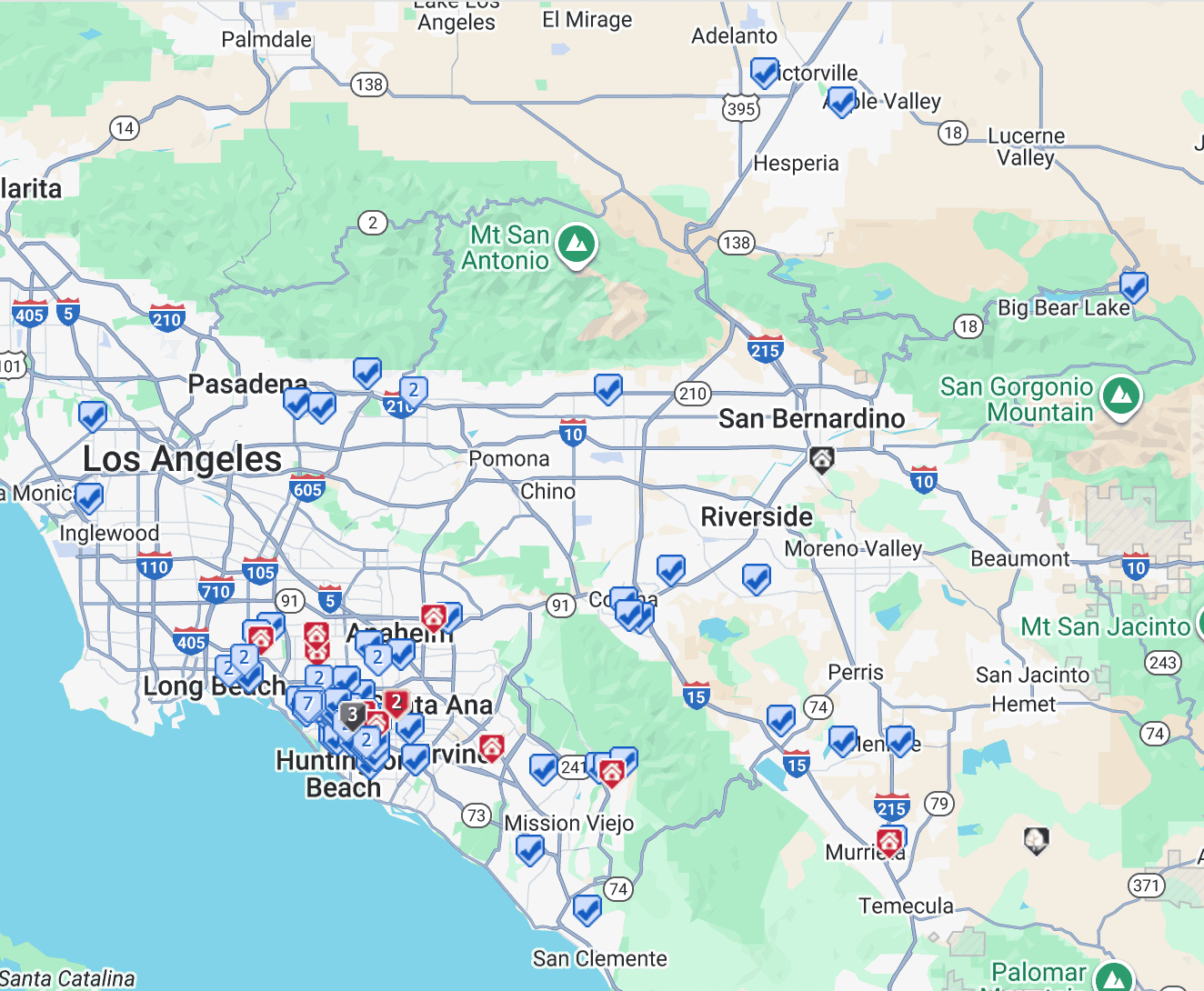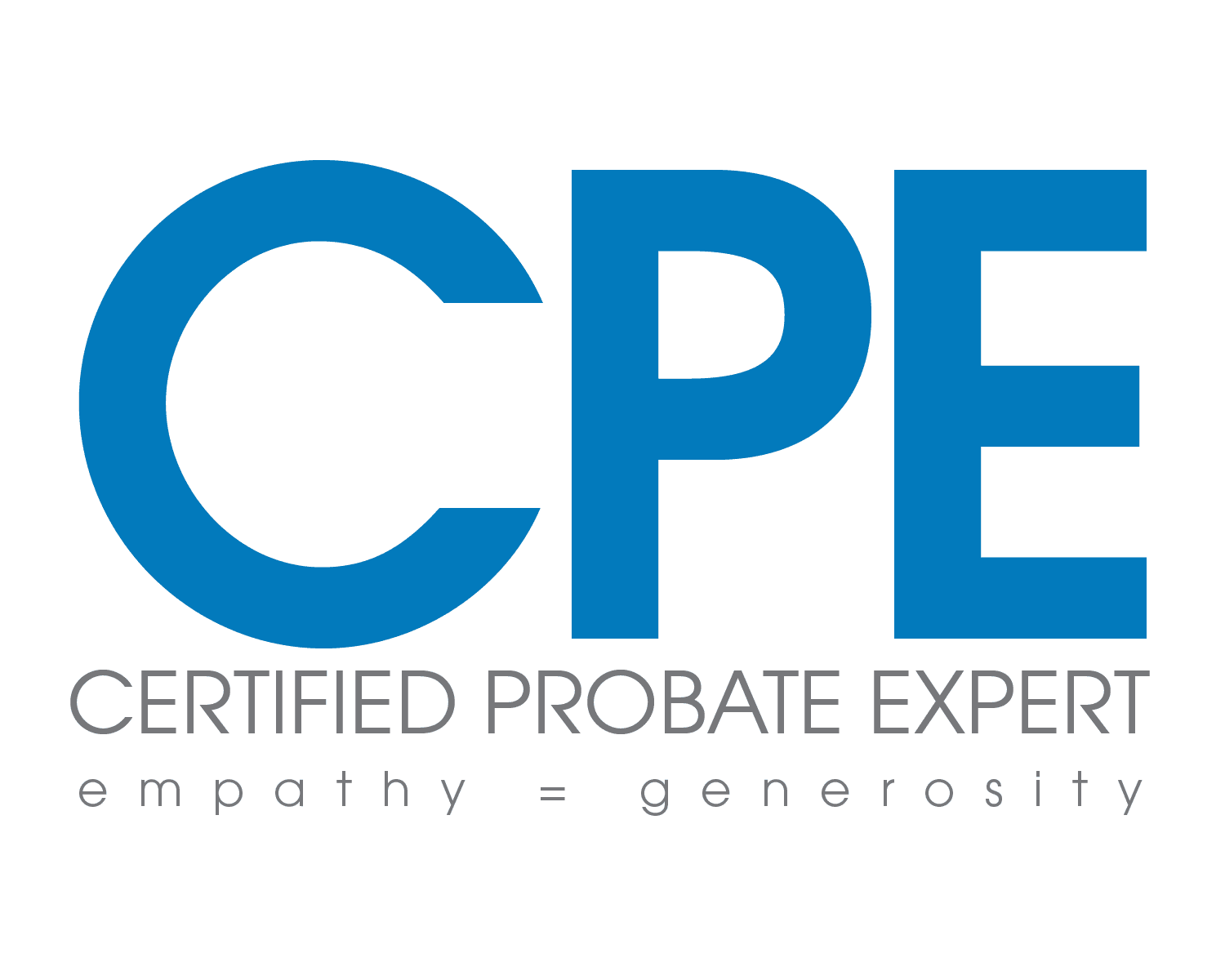
Selling a house through a probate sale in California can be a complex and emotionally charged process. When a property owner passes away, their estate may need to go through probate, a legal process to distribute their assets. If the estate includes real property, such as a house, a probate sale may be necessary. Below are the top concerns for those navigating a probate sale in California, along with insights to help address them.
1. Understanding the Probate Process
The probate process in California can be lengthy and complex, often taking six months to a year or more. A probate sale involves selling a deceased person’s property under court supervision, which adds layers of legal requirements. Key concerns include:
- Court Oversight: Most probate sales require court approval, which involves filing petitions, notifying interested parties, and attending hearings.
- Administrator or Executor Role: The person managing the estate (executor or administrator) must act in the best interest of the beneficiaries, which can lead to conflicts if there are differing opinions on the sale.
- Full vs. Limited Authority: If the executor has limited authority under the Independent Administration of Estates Act, court confirmation is mandatory, increasing time and costs.
Solution: Work with an experienced probate attorney to navigate court requirements and ensure compliance with California’s Probate Code. Understanding whether the estate qualifies for simplified procedures, like a small estate affidavit, can also streamline the process.
2. Property Valuation and Pricing
Determining the fair market value of the house is critical but challenging, especially if the property is dated or in disrepair. Common concerns include:
- Accurate Appraisal: An outdated or inaccurate appraisal can lead to pricing the home too high or too low, affecting the sale.
- Court-Required Appraisals: In court-confirmed sales, a probate referee must appraise the property, and their valuation may differ from market expectations.
- Market Conditions: California’s real estate market can be volatile, and timing the sale incorrectly may result in lower offers.
Solution: Hire a local real estate agent with probate experience to conduct a comparative market analysis. Coordinate with the probate referee to align the appraisal with current market trends. Be prepared for the court to scrutinize the sale price to ensure it meets at least 90% of the appraised value in court-confirmed sales.
3. Condition of the Property
Many probate properties are older homes that may require repairs or updates, raising concerns such as:
- As-Is Sales: Probate homes are typically sold “as-is,” meaning buyers expect discounts for needed repairs, which can lower the sale price.
- Disclosure Requirements: California law requires disclosing known material defects, but executors may lack full knowledge of the property’s condition.
- Holding Costs: While the estate waits for court approval or a buyer, ongoing costs like taxes, insurance, and maintenance can accumulate.
Solution: Conduct a pre-sale inspection to identify issues and disclose them transparently. Consider minor repairs to boost appeal, but weigh costs against potential returns. A real estate agent can market the home effectively to investors or buyers comfortable with as-is properties.
4. Court Confirmation and Overbidding Process
In California, court-confirmed probate sales involve a public bidding process, which can be intimidating. Key concerns include:
- Overbidding: At the court hearing, other buyers can submit higher bids, potentially derailing the original offer. The minimum overbid must be at least 10% of the first $10,000 of the sale price plus 5% of the balance.
- Delays: The overbidding process can delay closing, frustrating the original buyer and the estate.
- Uncertainty: Executors may worry about losing a good offer if a higher bid doesn’t materialize.
Solution: Set a realistic initial offer price to attract serious buyers and minimize the likelihood of significant overbids. Communicate clearly with the original buyer about the possibility of overbidding to manage expectations. An attorney can guide you through the court hearing to ensure compliance.
5. Emotional and Family Dynamics
Probate sales often involve grieving family members, leading to emotional and interpersonal challenges:
- Disputes Among Heirs: Beneficiaries may disagree on whether to sell, the sale price, or how proceeds should be divided.
- Sentimental Value: Family members may have emotional attachments to the home, making the sale feel like a loss.
- Transparency: Lack of clear communication can lead to mistrust among heirs or between heirs and the executor.
Solution: Foster open communication with all beneficiaries, explaining the legal and financial reasons for the sale. If disputes escalate, consider mediation to resolve conflicts. An impartial executor or attorney can help maintain neutrality and keep the process moving forward.
6. Tax Implications and Financial Considerations
The financial aspects of a probate sale can be daunting, with concerns including:
- Capital Gains Tax: Heirs may face capital gains tax on the sale, depending on the property’s stepped-up basis (the value at the date of death).
- Estate Taxes: While California has no state estate tax, federal estate taxes may apply for estates exceeding the exemption threshold ($13.61 million in 2025).
- Distribution of Proceeds: Dividing sale proceeds among heirs can be contentious, especially if debts or liens must be settled first.
Solution: Consult a tax professional to understand the tax implications and plan for any liabilities. Ensure the estate’s debts, such as mortgages or liens, are addressed before distributing proceeds. Clear documentation of all financial transactions can prevent disputes.
7. Finding the Right Buyer
Attracting the right buyer for a probate property can be challenging due to the unique nature of the sale. Concerns include:
- Investor vs. Traditional Buyers: Investors often seek probate properties for discounts, while traditional buyers may hesitate due to the court process or property condition.
- Financing Issues: Some buyers may struggle to secure financing for as-is properties or may back out during the lengthy probate process.
- Marketing Challenges: Probate sales require specialized marketing to highlight the property’s potential despite its condition or legal complexities.
Solution: Partner with a real estate agent experienced in probate sales to target the right buyer pool, such as cash buyers or investors. Clearly advertise the property as a probate sale to set expectations. Be upfront about the timeline and court requirements to filter out unqualified buyers.
Conclusion
A probate sale of a house in California involves navigating legal, financial, and emotional hurdles. By understanding the probate process, valuing the property accurately, addressing its condition, and preparing for court and tax requirements, executors and heirs can mitigate these concerns. Working with professionals—such as probate attorneys, real estate agents, and tax advisors—can make the process smoother and ensure the best outcome for the estate.
If you’re facing a probate sale, take it one step at a time and seek expert guidance to protect the estate’s value and honor the deceased’s legacy.
If you need any help or guidance do not hesitate to reach out. Simply send us a message or book an appointment.








